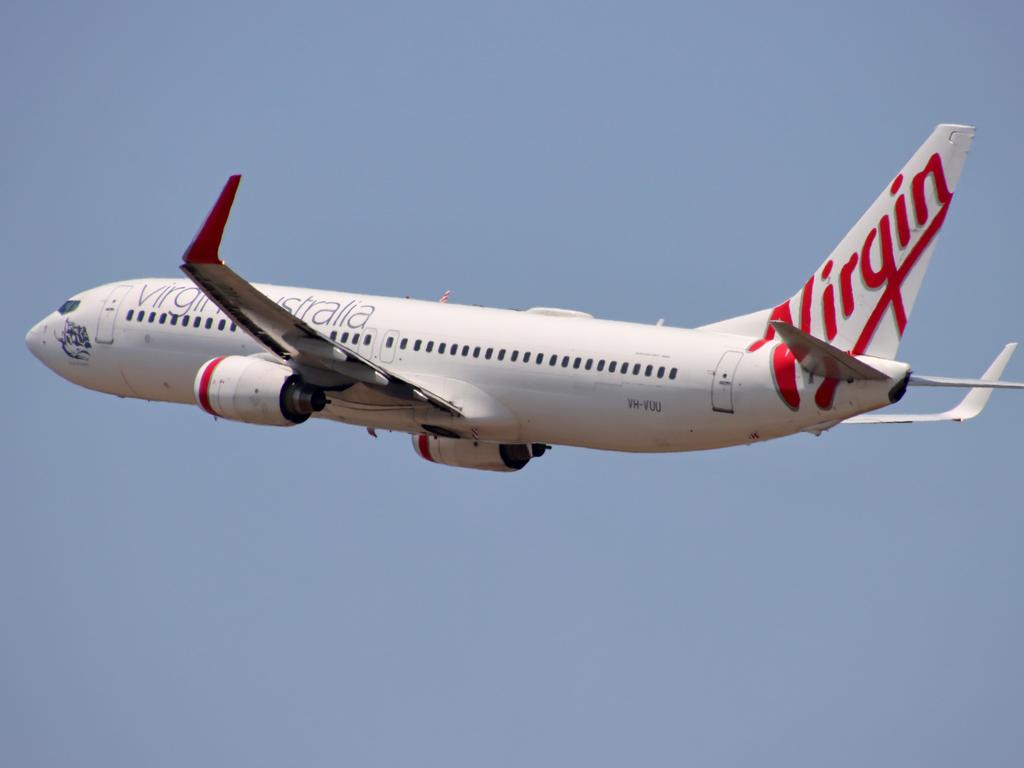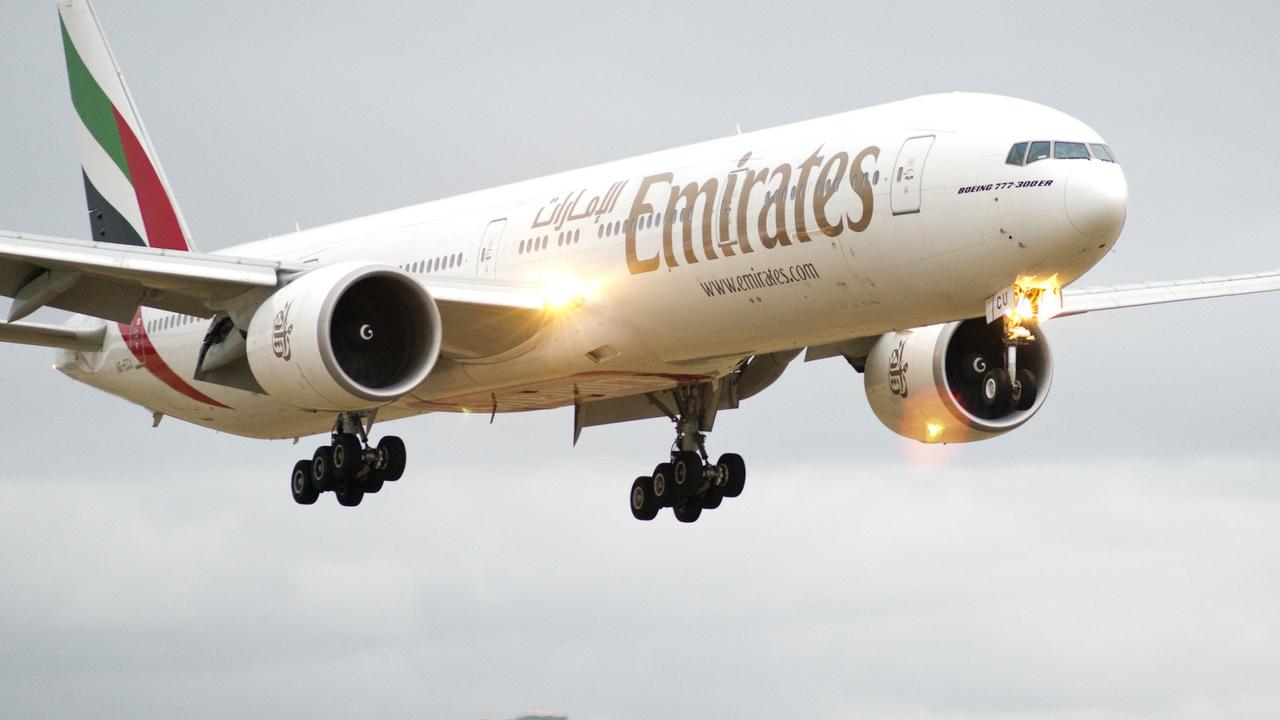Virgin Australia: US company confirmed as airline’s new owner
Virgin Australia’s creditors have accepted a bid by US private equity firm Bain Capital to buy the airline in a sale worth $3.5 billion.

US private equity firm Bain Capital will take over Virgin Australia after creditors accepted its proposal to bail out the struggling airline.
Bain was named as Virgin’s buyer in June but the deal was not official until more than 11,000 creditors voted on its deed of the company arrangement at a meeting today.
The deal will be signed and completed in a fortnight and the transfer of shares is expected to be completed by October 31.
RELATED: What reborn Virgin Australia will look like
Administrator Vaughan Strawbridge from Deloitte had recommended creditors endorse Bain’s deal.
The US firm’s “total commitment” to Virgin Australia was $3.5 billion, which would cover the $450 million owed to staff and $2.3 billion owed to secured creditors, according to a report to creditors by Deloitte last month.
However, unsecured creditors, owed up to $612 million, were set to be worse off under the deal, set to receive a return of between 9 and 13 cents on the dollar.

The deal also provides for the value of all customer travel credits and prepaid flights provided post-administration as well as the continuation of the Velocity frequent flyer program and retention of aircraft and equipment.
“This outcome provides certainty for employees and customers, a return to creditors, opportunities for suppliers and financiers to continue to trade with the Virgin Australia Group as well as maintaining a competitive Australian aviation industry for the benefit of consumers,” Mr Strawbridge said today.
“While the outcome of the meeting today is a significant milestone for both the future of Virgin Australia and Australia’s aviation industry more broadly, we also acknowledge those loyal Virgin Australia Group employees who will lose their jobs and the difficulties that this will cause them and their families as well as the numerous suppliers and investors who will not receive all of the moneys owed to them.”
Australia’s second airline went into voluntary administration in April, with a debt pile of around $6.8 billion, following years of financial trouble. When the COVID-19 pandemic hit, it forced the airline to suspend its international operations and ground almost its entire domestic fleet.
Virgin Australia chief executive Paul Scurrah said the outcome brought the airline closer to exiting administration.
“It’s vital for Australia to have two major airlines for consumer choice, value airfares and to help support the recovery of Australia’s robust tourism sector after this crisis is over,” he said.
“While we can feel very proud that we have got to this point, the impact of COVID-19 remains very challenging for our business and industry. These are tough times and we must remain focused and adapt to this new environment.
“It’s been an incredibly tough journey for our people and they should be commended for how they have handled themselves. I’m pleased today gives us some more certainty around the company’s future.”
Boston-based Bain had already won support of Virgin Group founder Sir Richard Branson and unions, including the Transport Workers Union (TWU), whose members said they would support the bid.
“We know there is a long road ahead to ensure Virgin’s success and we will hold Bain Capital to account on its promises. We will do this through our usual channels but also through the union advisory council that Bain has agreed to set up so workers’ voices on governance can be heard,” TWU National Secretary Michael Kaine said.
“The direction the board takes will be instrumental in ensuring Virgin’s long-term survival and this can only be done through co-operation rather than confrontation with workers.”
Last month, Virgin Australia announced it would shed about 3000 jobs and cull Tigerair Australia as it rebrands as a “value airline” with a focus on domestic and short-haul international flights as it emerged from administration.
The job cuts affect about one-third of the Brisbane-based airline’s workforce across cabin crew, ground crew, engineers, baggage handlers and some international head office staff.
The airline will also suspend all long-haul international flights and transition to a single Boeing 737 fleet for domestic and short-haul international travel, which means it will ditch its ATR, Boeing 777, Airbus A330 and A320 aircraft.




